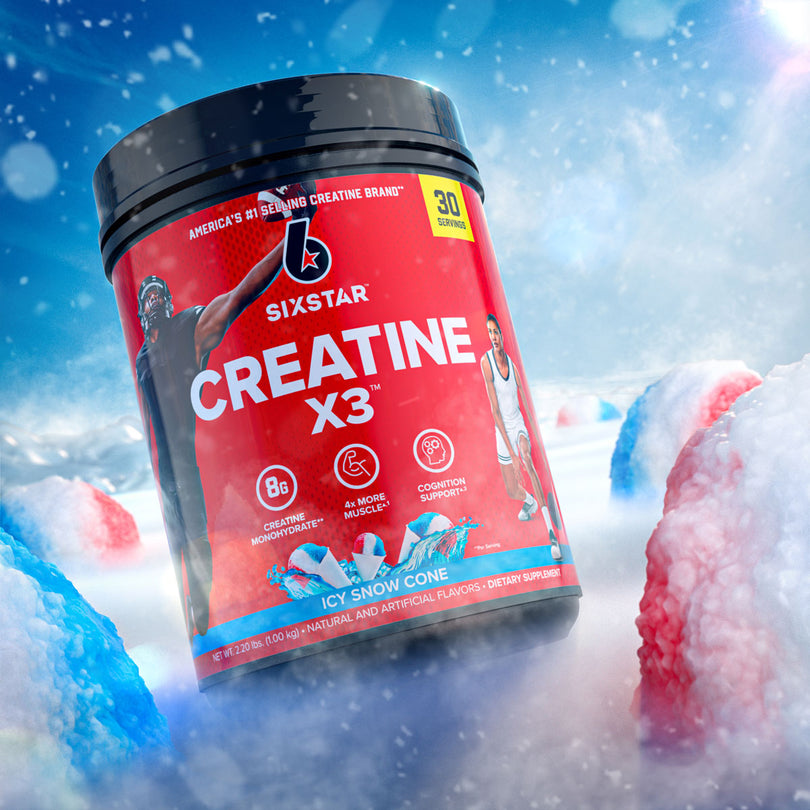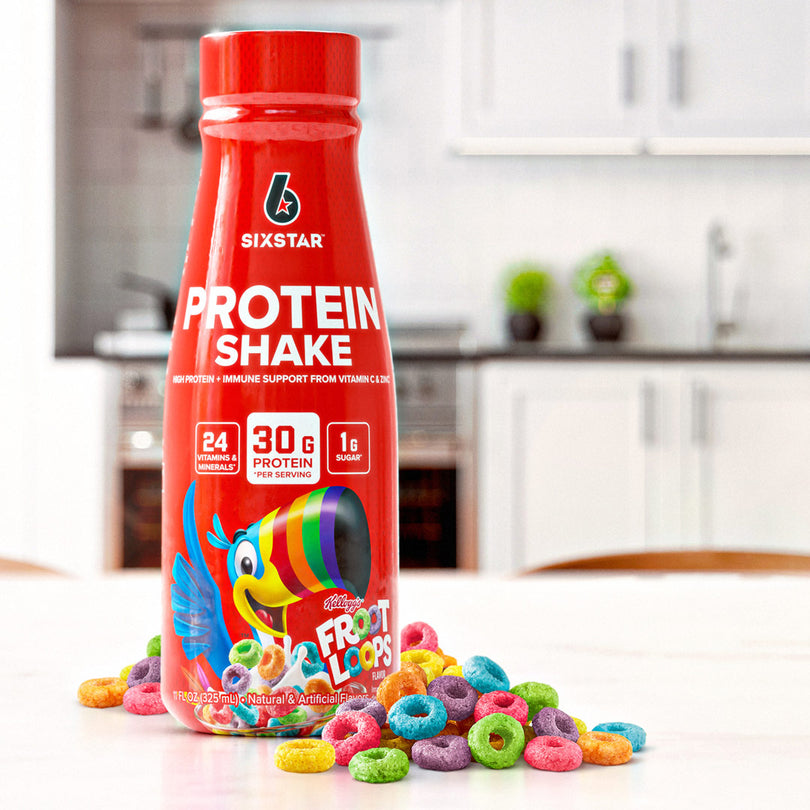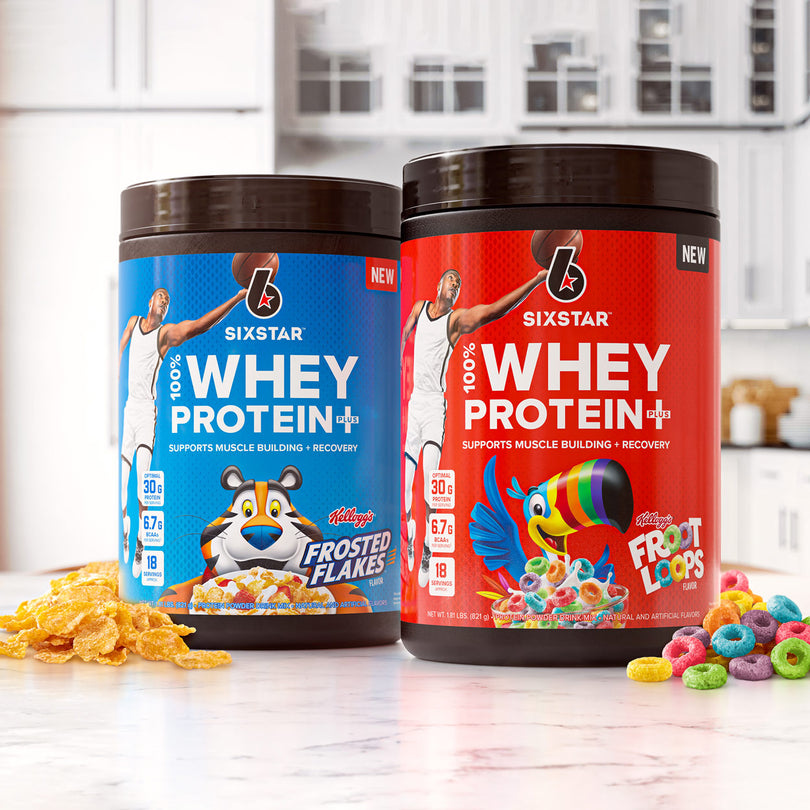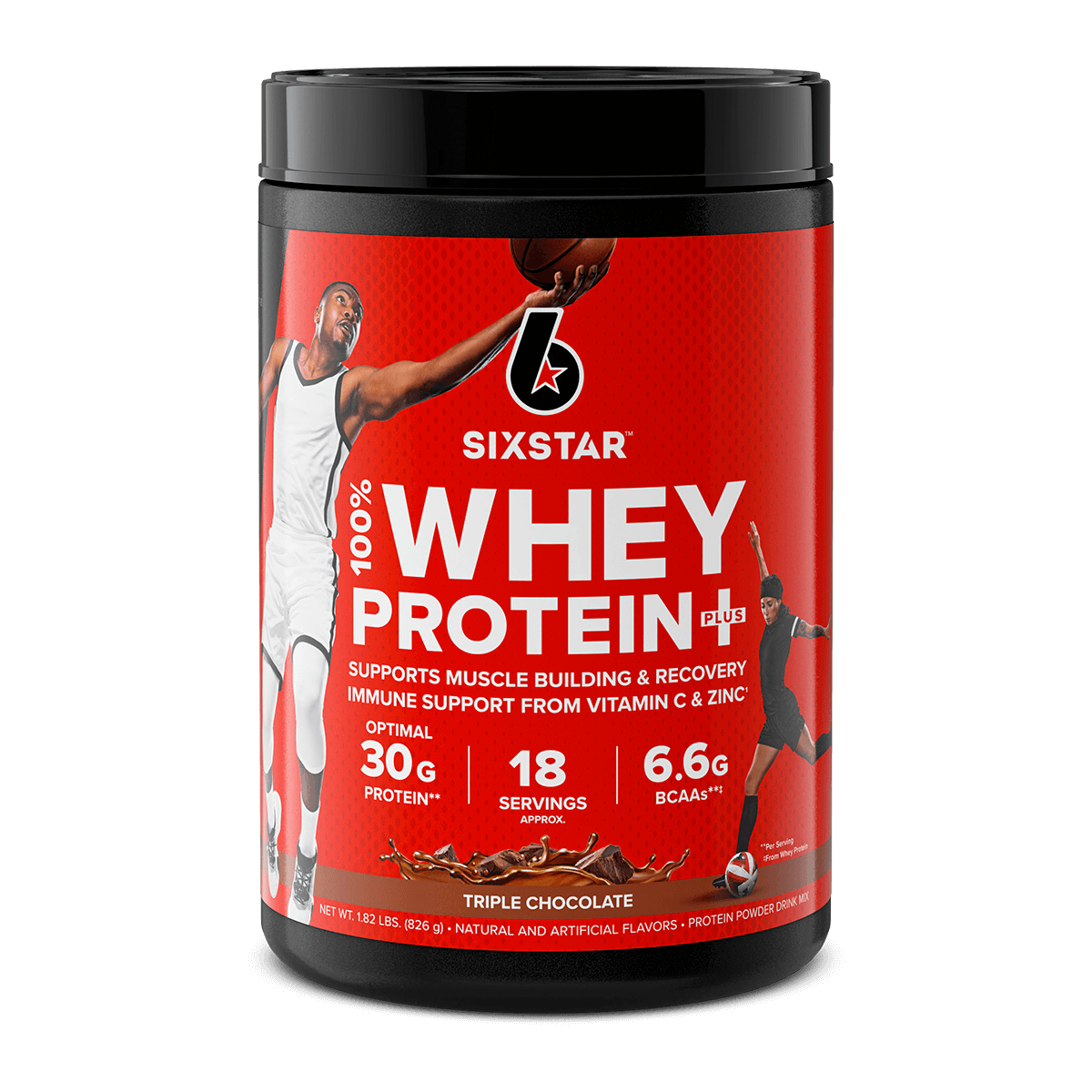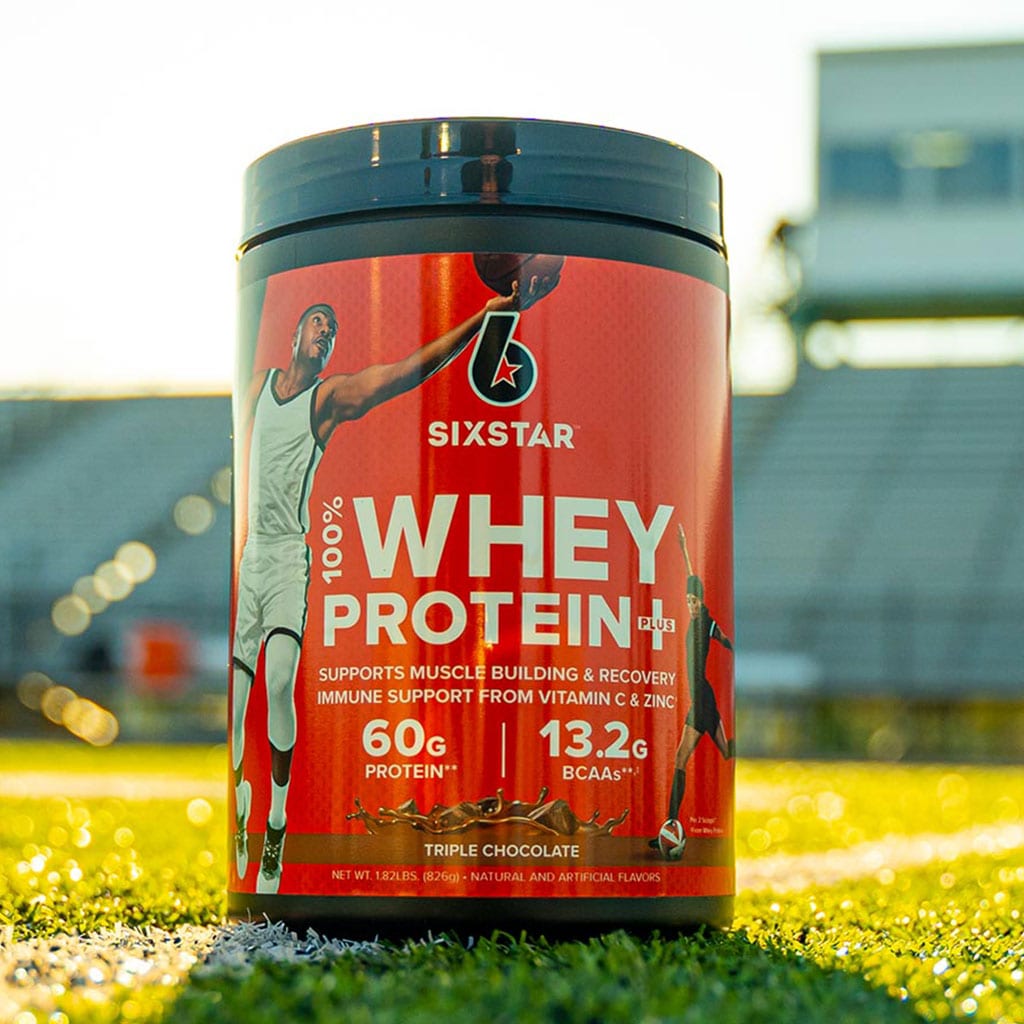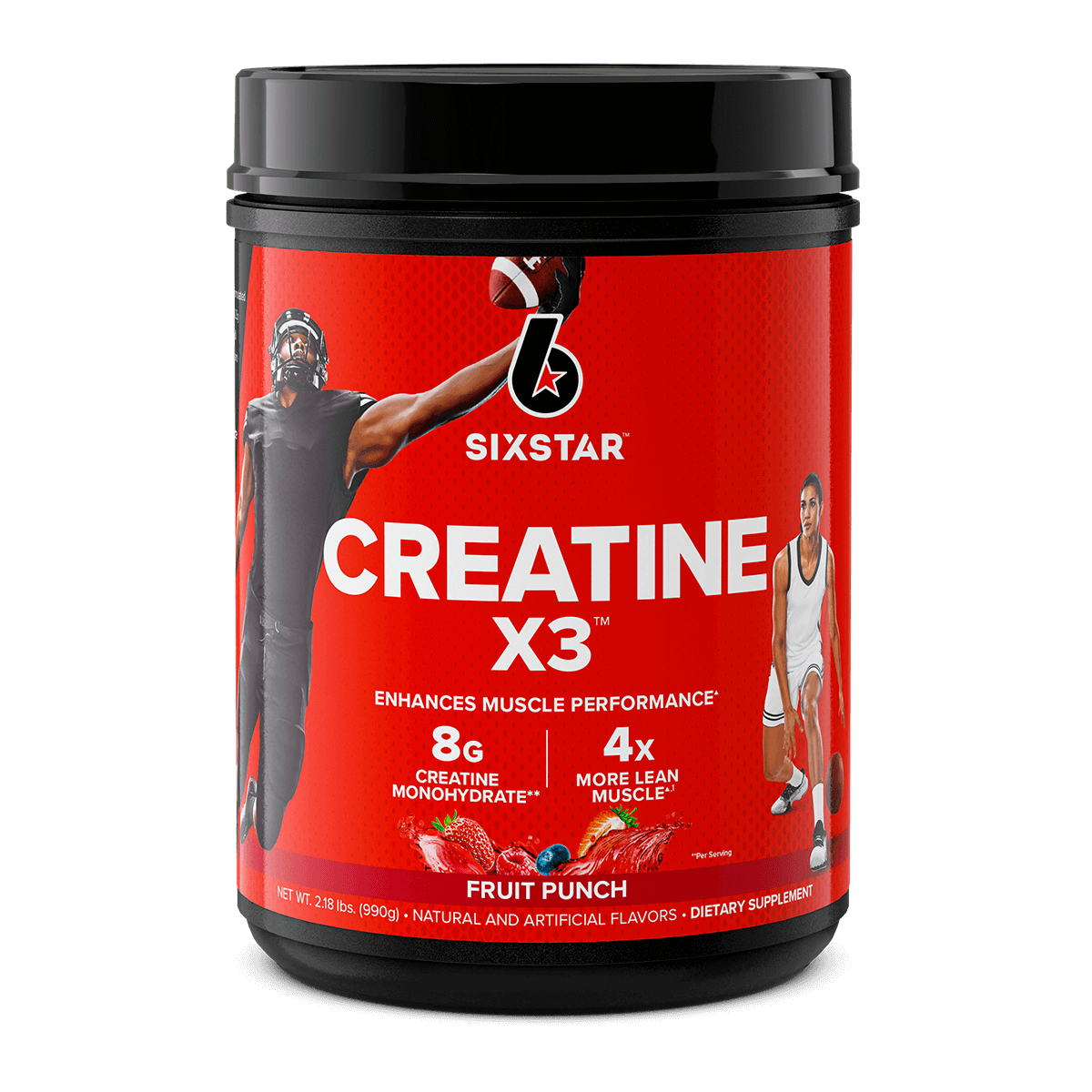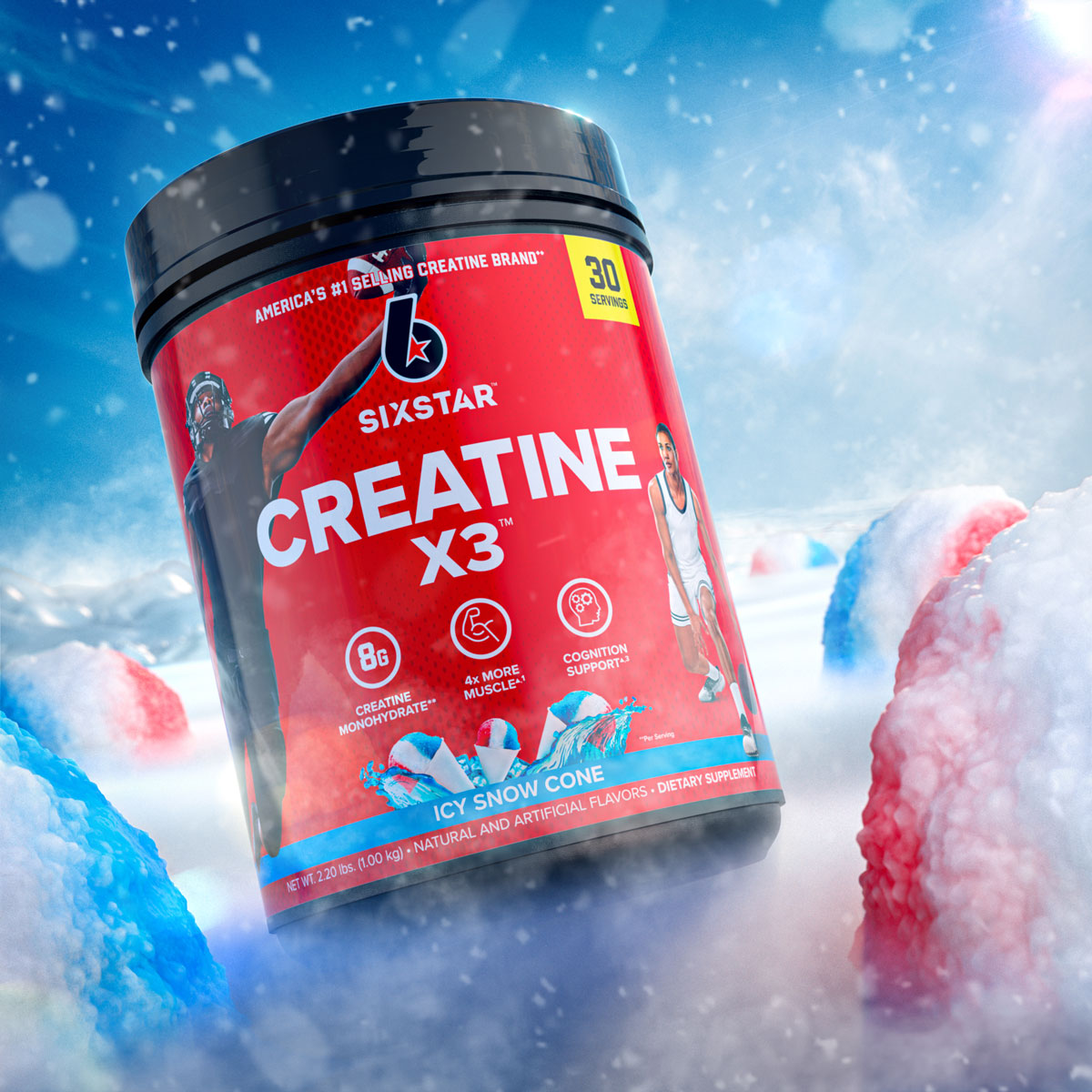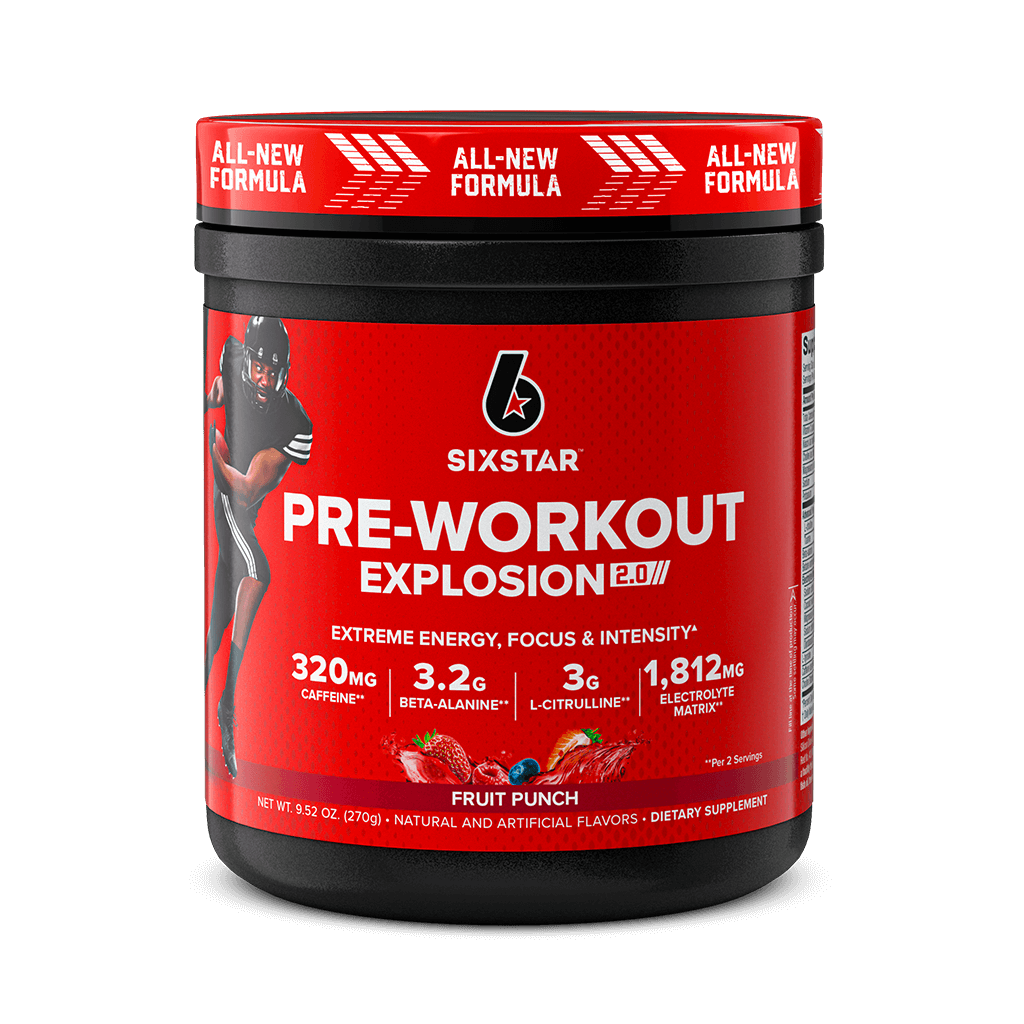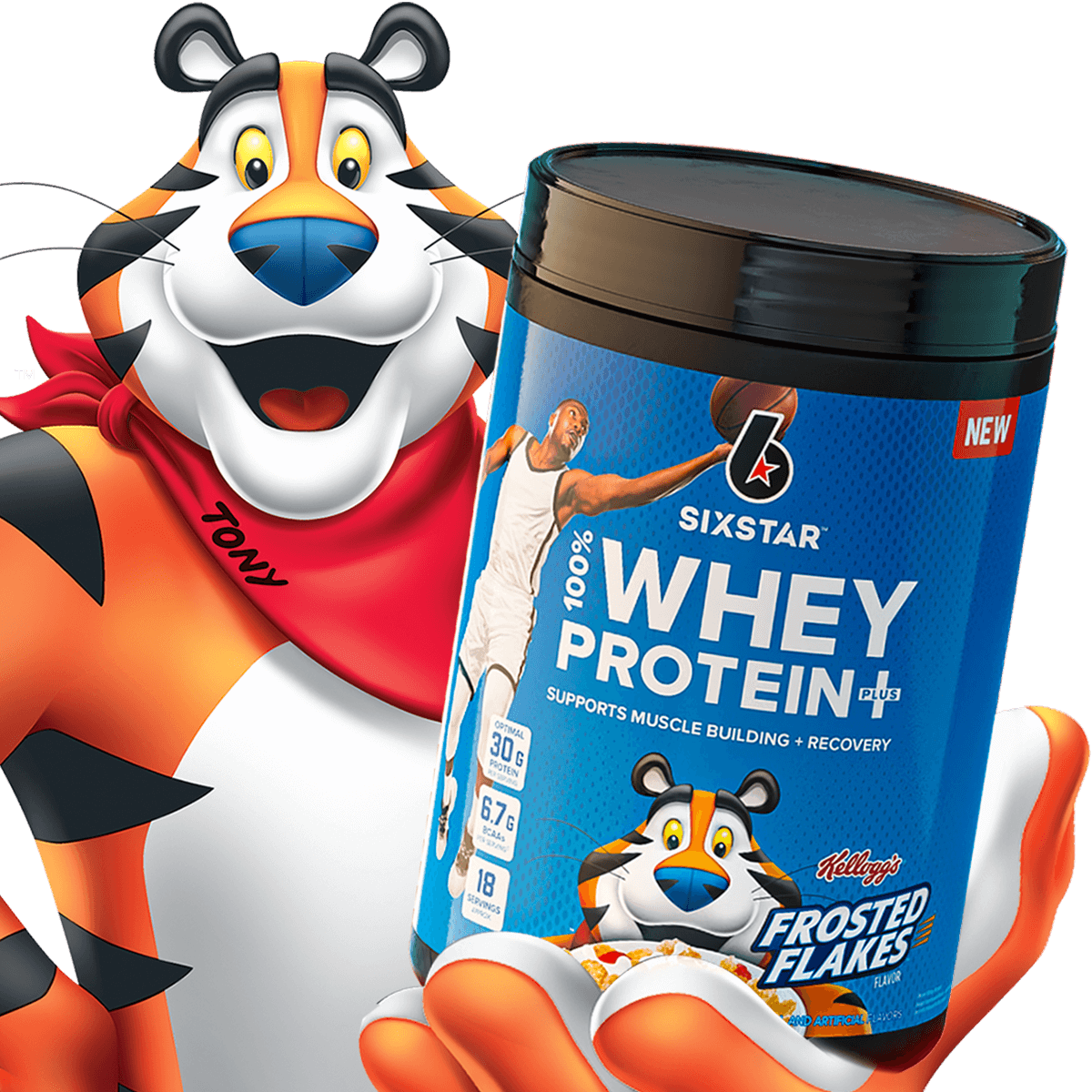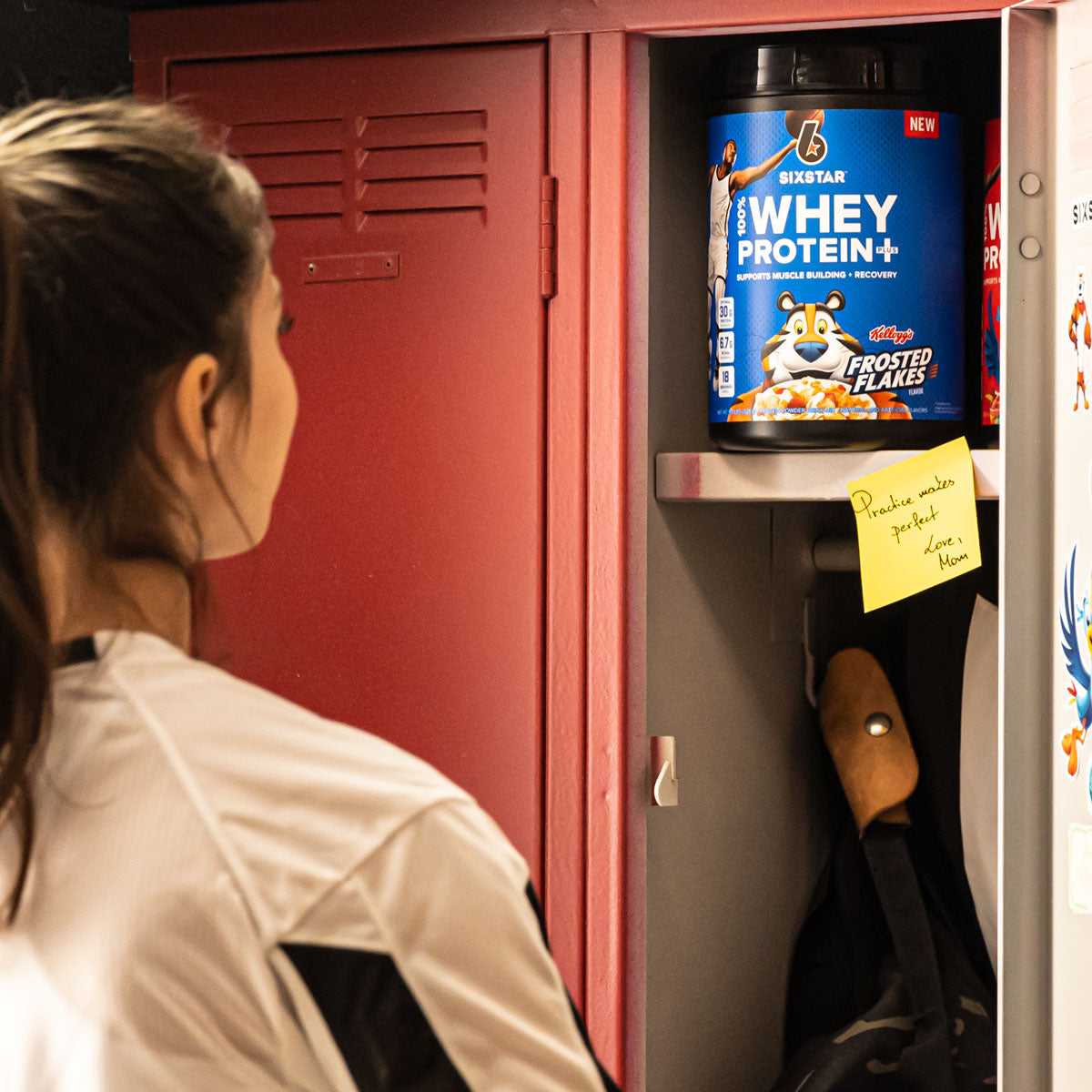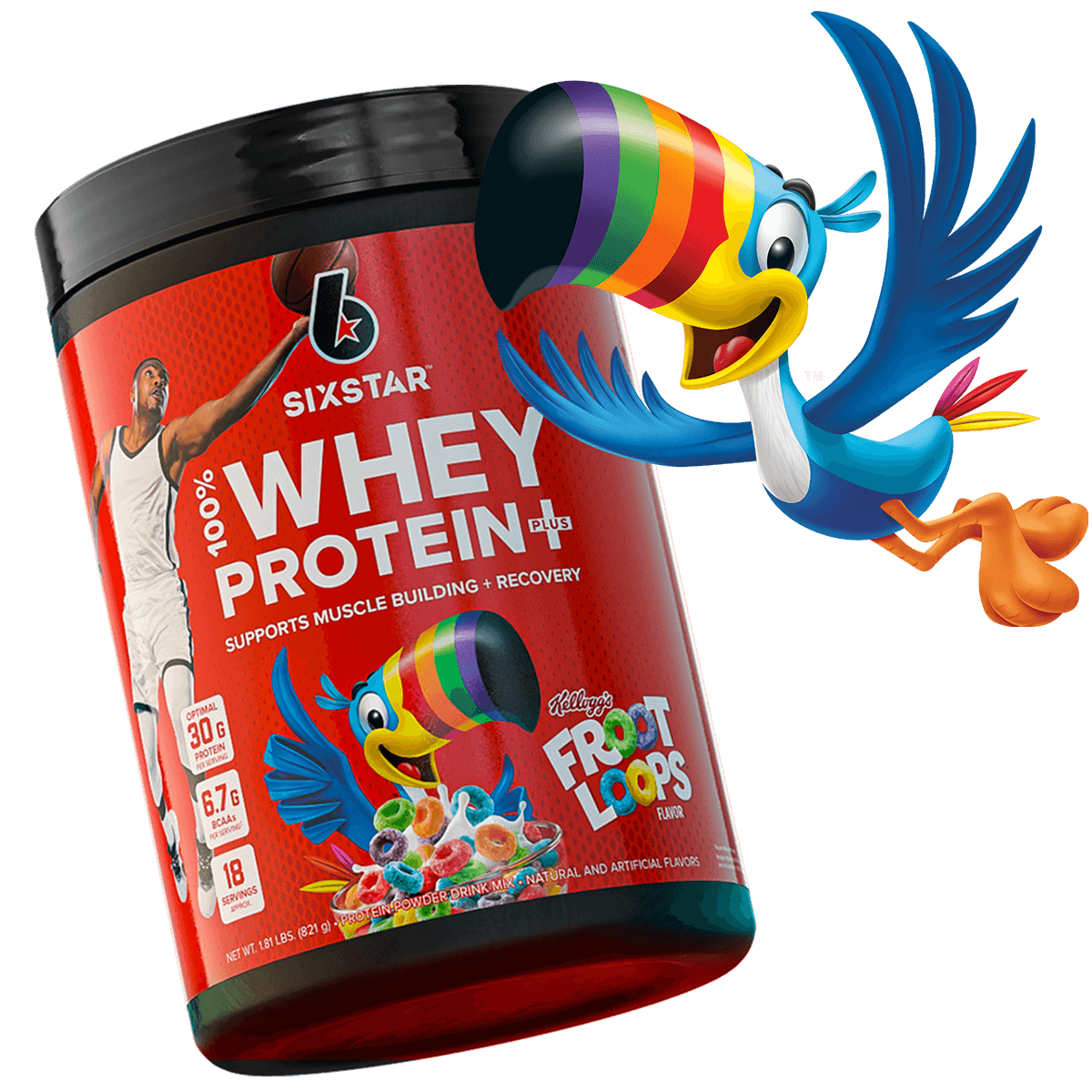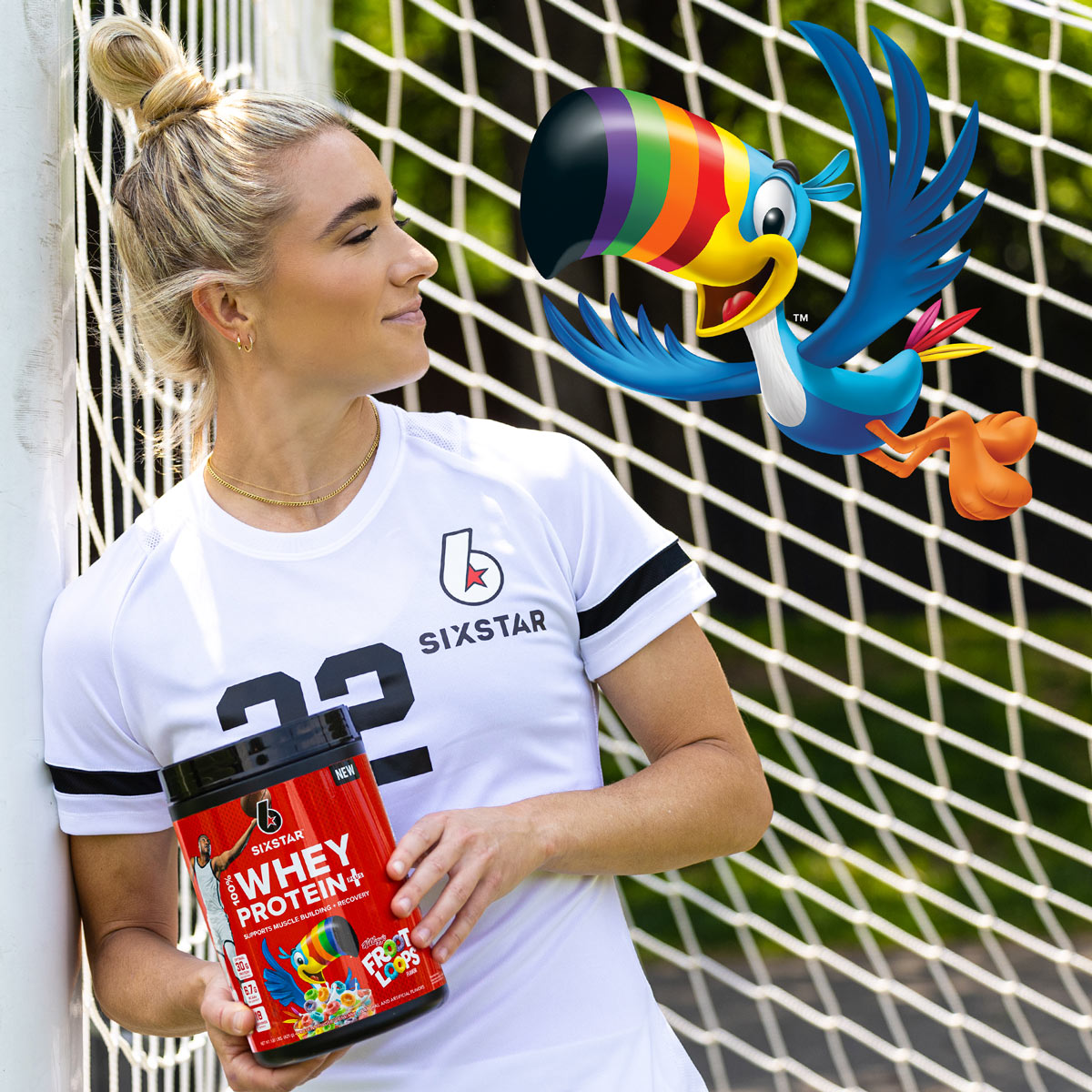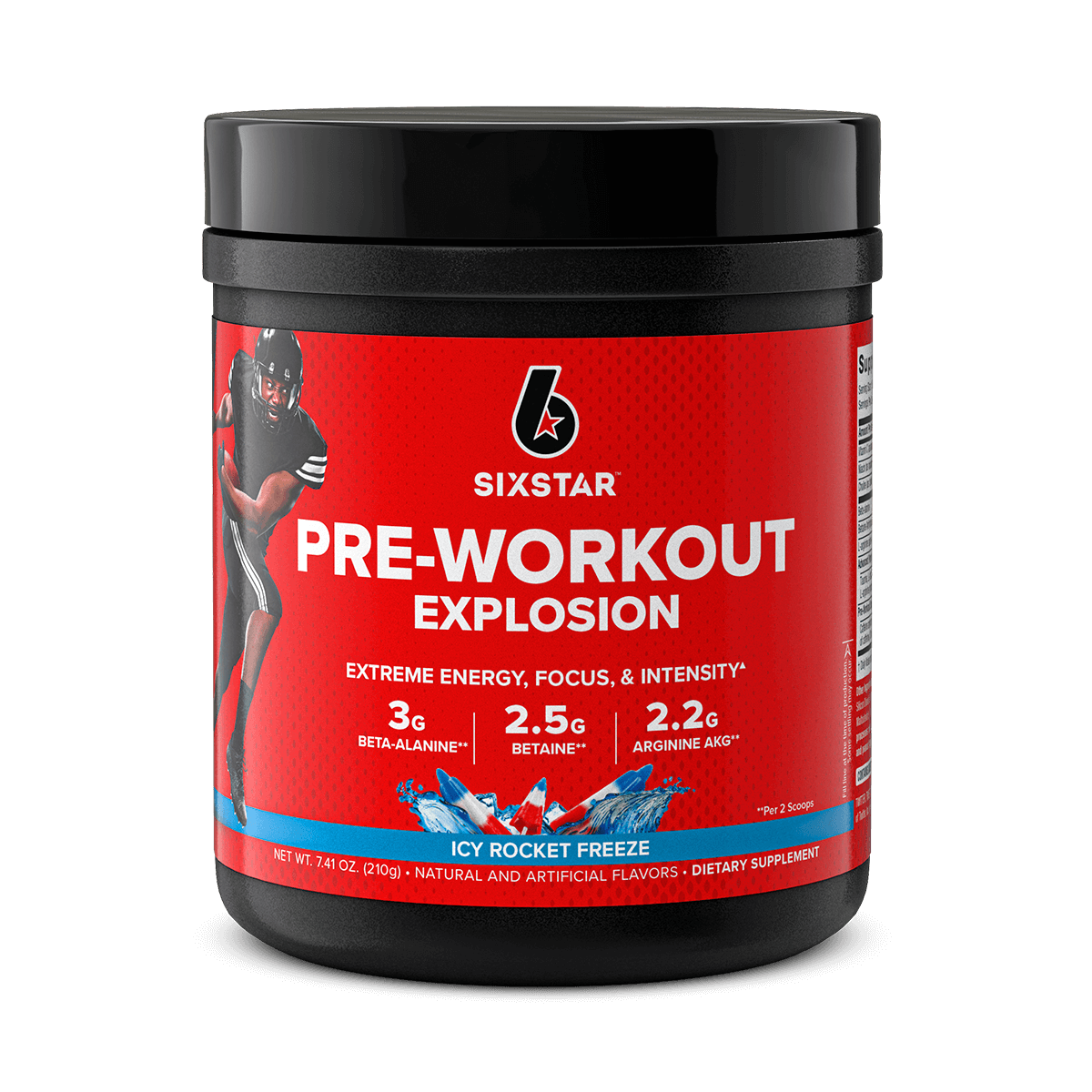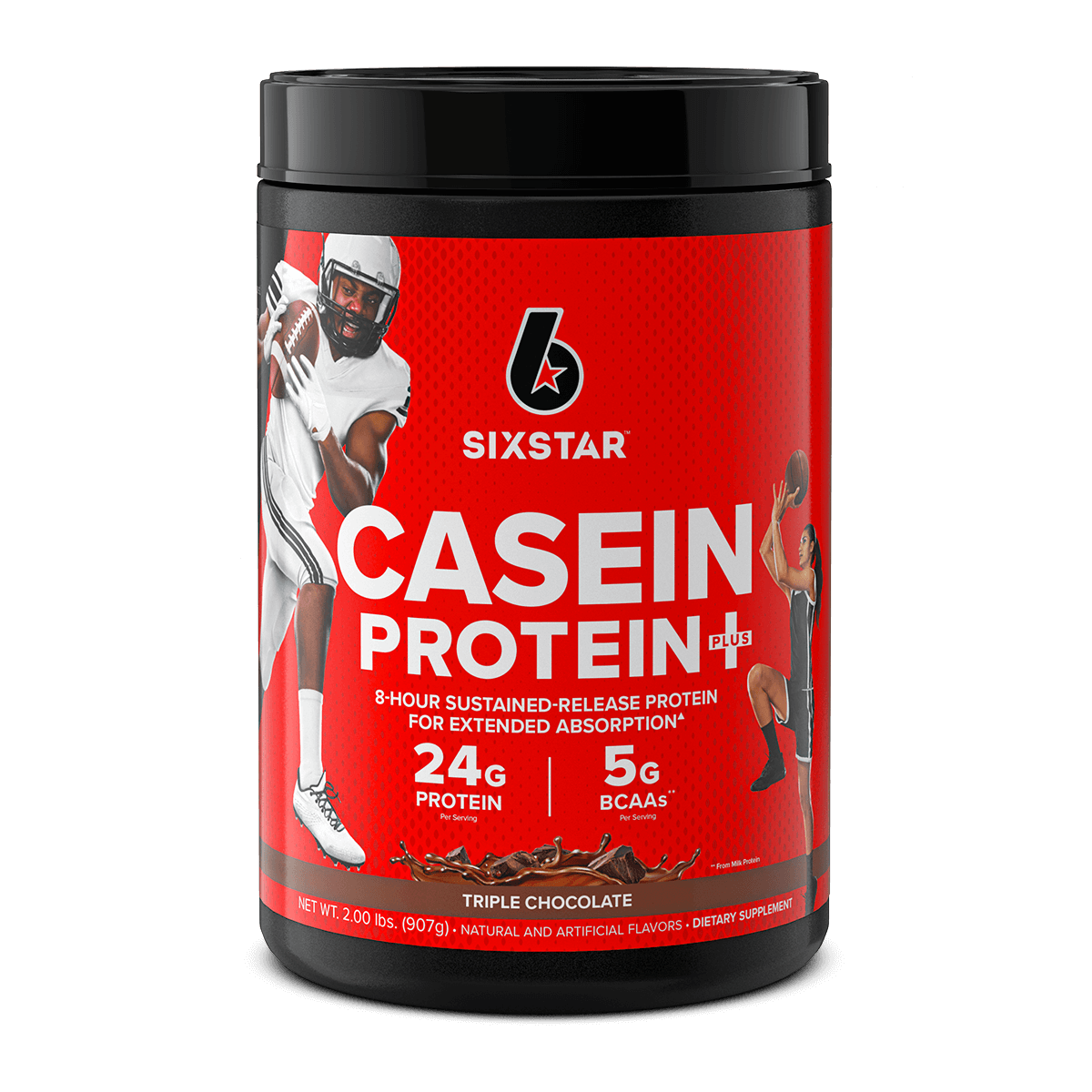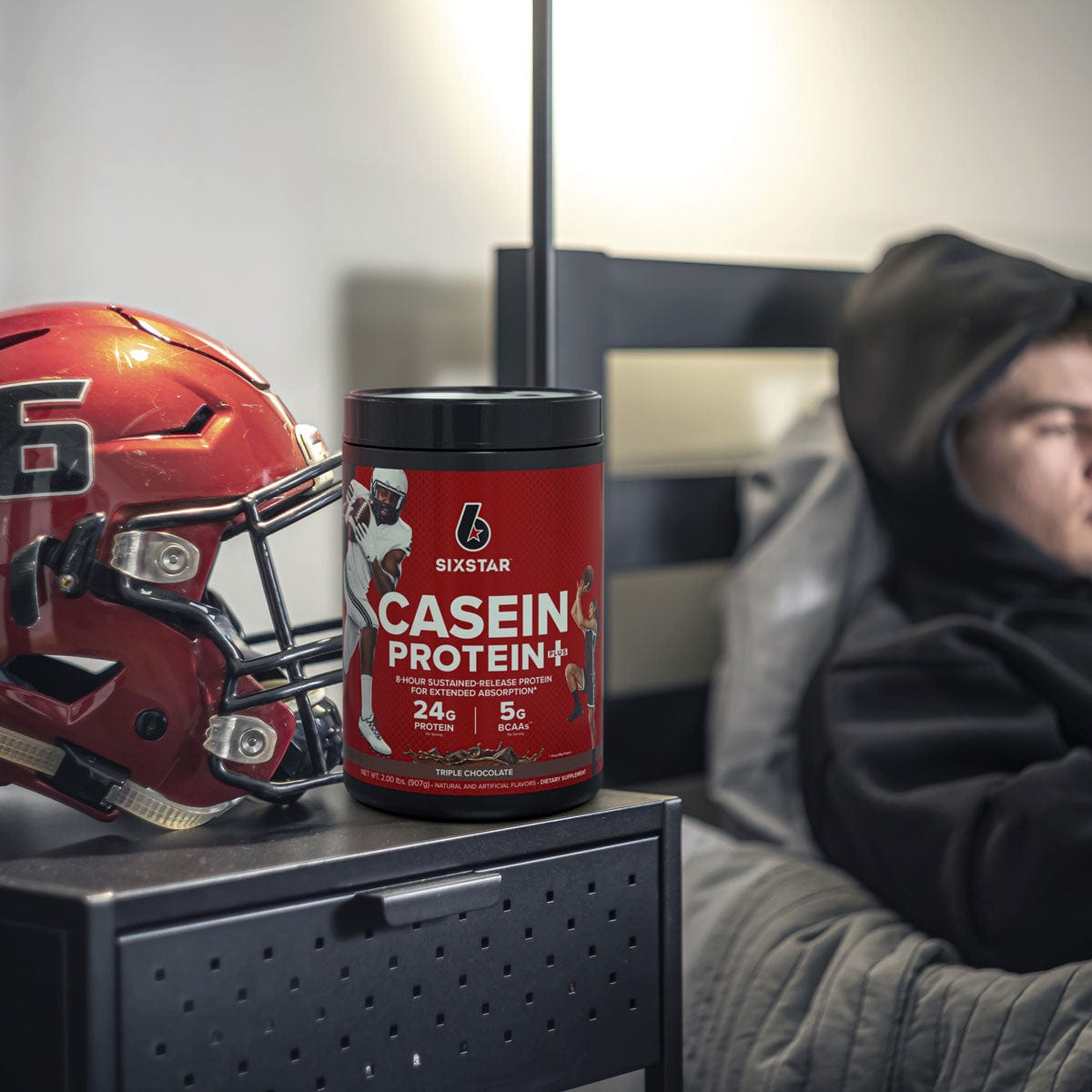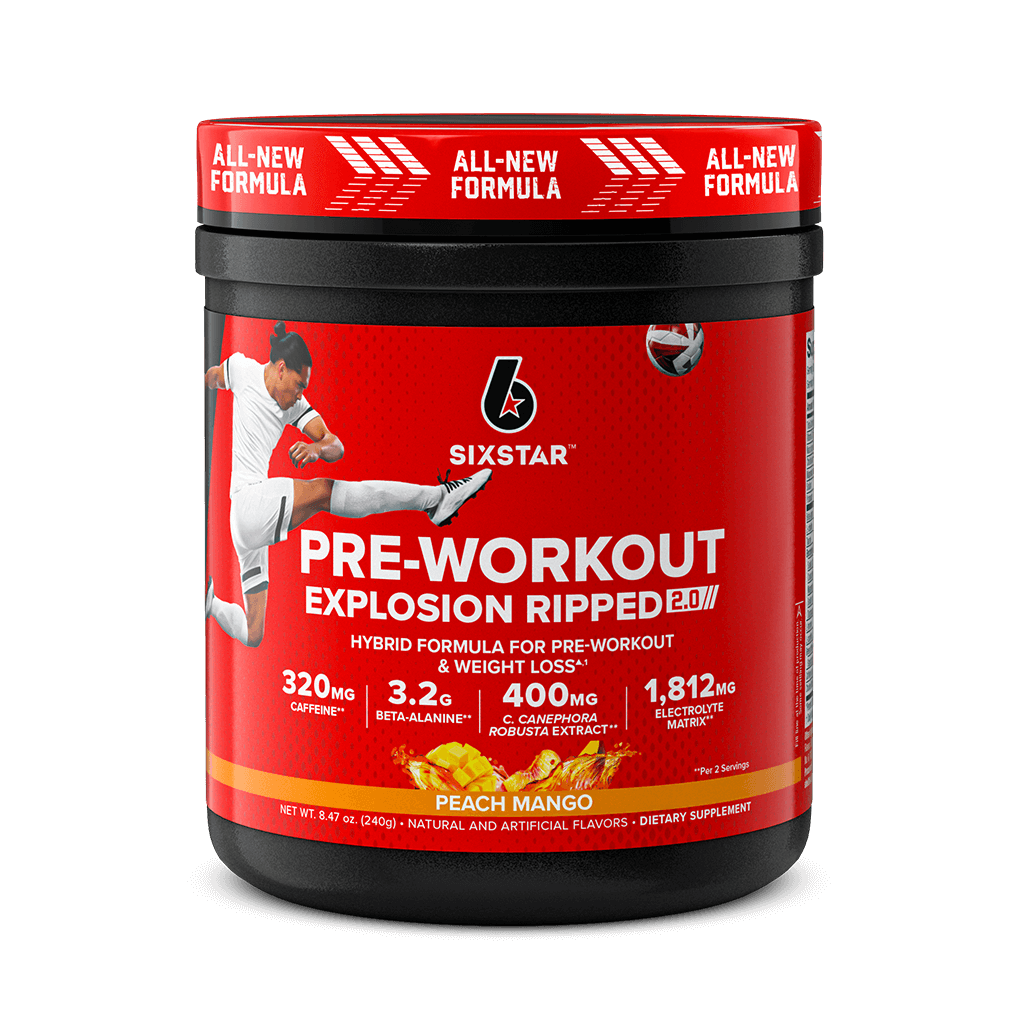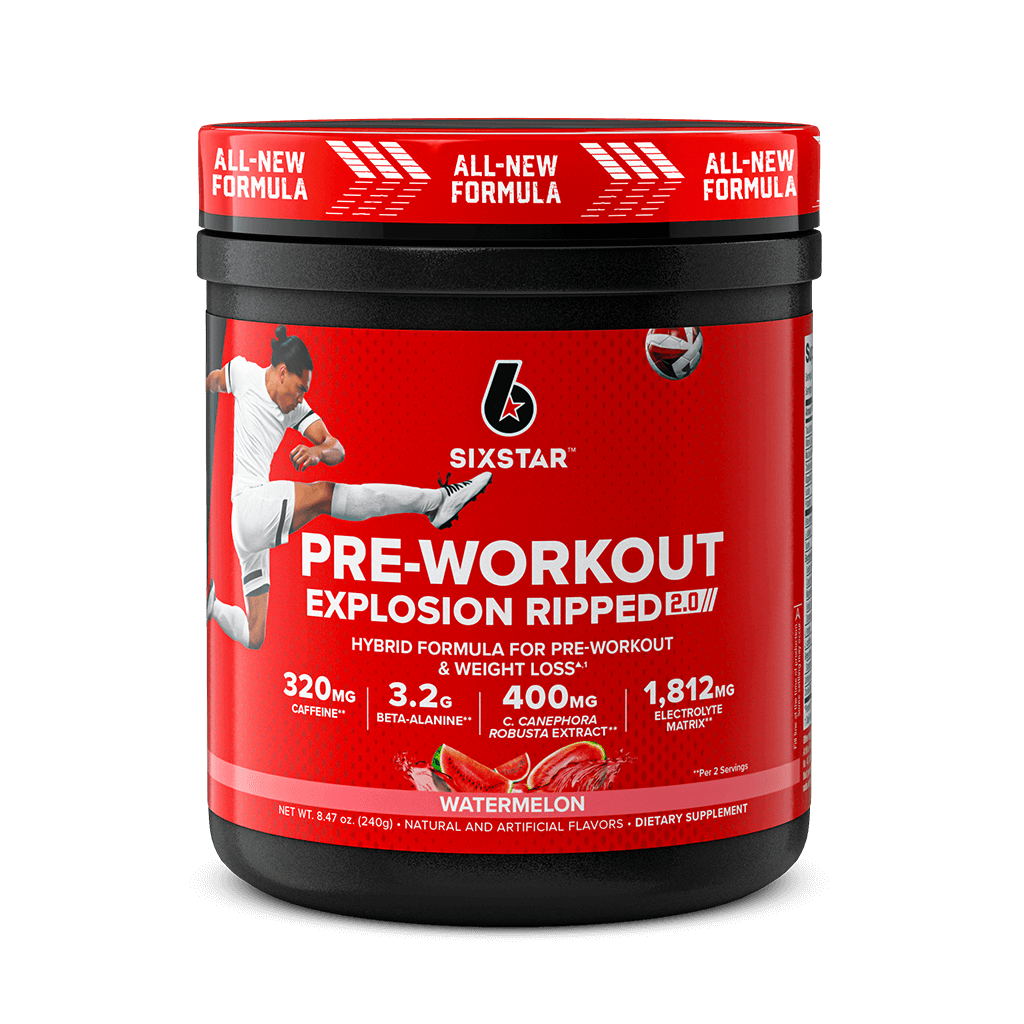Soccer is a super popular and challenging sport for a few important reasons. First off, it's not easy to control and kick the ball just right – players need serious skills for that. Whether they're passing, shooting, or dribbling, it takes a lot of practice to get it perfect.
Another thing that makes soccer tough is how players must move quickly and change directions a lot. Imagine running around a big field, dodging opponents, and reacting fast – that's agility, and that agility is what can separate you from your competition.
Now, let's talk about muscles. Playing soccer means using your leg muscles a ton – mainly your thighs and the back of your legs. They help with shooting, passing, and running fast. Also, your core muscles such as your stomach and lower back are crucial for balance.
So, it's right to say that soccer is like a workout for your whole body. Soccer is famous because it needs precise skills, quick movements, and works out lots of different muscles.
That's why people love watching it, and players work hard to be good at it. In this blog, you will get to know a few tips, tricks, and exercises that are necessary to get into that soccer shape, so read on.
How To Get Into Soccer Shape?
Let's explore some ways to get into shape and fitness for soccer and outshine your opponent on the field.
1. Focus on Your Cardiovascular Fitness
Cardiovascular fitness is a big deal in soccer. It's about how well your heart and lungs work together during physical activity. When we talk about soccer conditioning, we're highlighting the key role of cardio exercises. These are the workouts that get your heart pumping and improve your endurance on the field.
Picture a soccer match, fast pace and long with a large field to cover. That's where cardio comes in. It helps players keep up the energy levels throughout the game. Running, sprinting, and constant movement on the field require a strong cardiovascular system. It's like having a well-tuned engine that keeps you going, especially when the game gets intense.
So, while exploring the importance of cardiovascular fitness in soccer, we're basically saying that doing cardio exercises, like running or high-intensity intervals, is a key part of getting in shape for soccer.
It boosts your stamina, helps you recover faster between sprints, and ensures you're ready for the non-stop action on the soccer field, even if your match runs into extra time.
Also Read: Diet For Soccer Players: What, Why & When
2. Prioritize Strength Training
Strength training for soccer players is all about getting those muscles in tip-top shape for the game. We're not talking about bodybuilder-level strength, but a focused approach to build the right muscles that soccer demands. Imagine your legs, for example – they do a lot of the heavy lifting in soccer, from powerful kicks to quick sprints.
So, when we say targeted workouts, we mean exercises that zoom in on these specific muscles. Squats and lunges are strong staples for building the leg power needed for kicking and running. Don't forget the core muscles – those in your stomach and lower back – which help with balance and stability on the field. The idea is to alter your strength training to the unique needs of soccer.
It's not just about lifting weights randomly; it's about making your body strong in the areas that will give you an edge on the soccer field. These targeted workouts ensure that your muscles are ready for the challenges of the game, helping you perform at your best and avoid injuries.
Also Read: All About Soccer Diets & Meal Plans
3. Improve Agility and Quickness
When we talk about agility and quickness drills in soccer, we're focusing on exercises that make you nimble and fast on your feet during the game. Think of a soccer player swiftly dodging opponents or making sudden turns – that's agility in action. Quickness is about reacting rapidly to what's happening on the field.
These drills are focused on helping your body move with speed and precision. You can do cone drills where you weave through cones in a zigzag pattern or shuttle runs that have you sprinting and changing directions quickly.
These exercises help improve your ability to navigate the field effectively and respond rapidly to the rapid nature of the game. In simpler terms, agility and quickness drills are like turbocharging your movements on the soccer field.
They make sure you're light on your feet, ready to change direction in a split second and have the edge when it comes to outmaneuvering opponents.
These exercises are key in getting your soccer skills to the next level.
Also Read: Basic 6 Steps to an Athlete's Recovery
4. Increase Your Endurance
Endurance building for soccer is all about making sure you can keep up the energy throughout the entire match. First off, there's the good old long-distance running. This helps your body get used to going the distance, ensuring you don't run out of steam during the game.
Another trick is including interval training – that means mixing up your pace with sprints and jogs. It's like mimicking the stop-and-start nature of a soccer match.
Tips for endurance building also include staying hydrated and having a well-balanced diet. Your body needs fuel to keep going, so eat foods that provide lasting energy.
Now, the workouts – besides running, things like circuit training, where you switch between different exercises, are great for building your endurance.
When we talk about endurance for soccer, it's about making sure you're not gasping for breath in the crucial moments of the game.
5. Interval Training
Interval training for soccer will boost your performance on the field. It's not about running at a steady pace; it's more like a mix of sprints and rests. The cool part? It comes with some serious benefits that can up your soccer game.
First off, interval training helps improve your cardiovascular fitness. It's like giving your heart a workout, making it more efficient in pumping blood – crucial for those intense moments in a match. Plus, it enhances your body's ability to recover quickly between those bursts of speed. When you're doing interval training, you're training your body to handle the quick changes in pace that happen on the field. It's like getting your body in sync with the demands of the game.
In simple terms, interval training for soccer is a smart way to boost your fitness. It helps with endurance, speed, and recovery – all essential for being a top-notch player. It might be challenging, but the benefits are totally worth it when you see the difference it makes on the soccer pitch.
6. Improve Your Flexibility and Mobility
Flexibility and mobility in soccer are so important for your game. Let's break it down. Flexibility is about being able to stretch your muscles without any trouble, while mobility is all about having the freedom to move your joints smoothly.
Now, why do you need to care about these in soccer conditioning? Well, think about kicking the ball, making quick turns, or reaching for a pass – all of these moves need your muscles and joints to be flexible and mobile. It's like giving your body the freedom to do its thing on the field without feeling stiff or restricted. When you're flexible, you're less likely to get injured. Imagine trying to kick a ball with tight muscles – not a great idea. Also, being flexible and mobile helps with agility, making those quick movements in the game feel natural.
Flexibility and mobility in soccer ensures your body moves smoothly, reduces the risk of injuries, and helps you pull off those awesome moves that make you stand out on the soccer field. It might not be the flashiest part of training, but it is definitely effective.
Why Nutrition is Necessary To Get into Soccer Shape?
Proper nutrition is very important when it comes to achieving and maintaining top-notch soccer fitness. It's not just about what you eat; it's about fuelling your body with the right stuff to tackle the demands of the game.
First things first, carbohydrates are like the energy source for your body. They're the fuel that powers you through those sprints and keeps you going for the whole match. Foods like whole grains, fruits, and veggies are the go-to choices here. They release energy steadily, preventing those mid-game energy crashes.
Protein is another key player. It's like the building block for your muscles. Soccer involves a lot of running, kicking, and quick movements, which can strain your muscles. Protein helps repair and strengthen them, making sure you're ready for the next game or training session. Lean meats, beans, and dairy are solid sources of protein.
Now, don't forget about hydration. Soccer is a sweaty business, and staying well-hydrated is important. Water is your best friend here – it keeps you cool, helps your muscles function properly, and ensures you're not feeling sluggish on the field. Nutrition for soccer is not just about eating; it's about making smart choices that support your performance.
It's about giving your body the right mix of fuel to keep up the pace, recover well, and stay in top shape. So, when you're reaching for that pre-game snack or planning your post-training meal, think of it as giving your body the optimal fuel it needs to perform at its best.
Tips To Plan Nutrition To Get Into Soccer Shape
1. Balanced Meals
It's important to make sure you have balanced Meals throughout your day so that you have a sustained level of energy to power through your training sessions and major game events. Ensure each meal includes a mix of carbohydrates, protein, and healthy fats. You should go for whole grains, lean meats, fish, nuts, and seeds to cover essential nutrients.
2. Pre-Game Fuel
What you eat before a game can significantly impact your performance. You should go for a meal rich in carbohydrates about 2-3 hours before kick-off to provide a steady source of energy. You should also consider a light, easily digestible snack like a banana or an energy bar 30-60 minutes before the game to give you that extra boost without weighing you down.
3. Hydration
Staying well-hydrated is a first and foremost aspect of soccer nutrition. It's not just about drinking during the game; it's about maintaining hydration throughout the day. Water should be your primary choice, but for intense sessions, especially in hot weather, electrolyte-rich drinks can help replenish essential minerals lost through sweat.
Also Read: How Much Hydration Do Athletes Really Need?
4. Post-Workout Recovery
After a training session or a game, focus on replenishing your body with the nutrients it needs for recovery. Including protein-rich foods in your post-training meals is important for muscle repair and growth. Consider having a post-workout snack with a mix of protein and carbohydrates, such as chocolate milk or a protein shake, to kickstart the recovery process.
5. Nutrient Timing
Timing your meals and snacks strategically can help regulate energy levels. Distribute your food intake evenly throughout the day, and consider having a small, balanced snack 1-2 hours before training to ensure you have the necessary fuel for a good performance.
6. Limit Processed Foods
Minimizing the intake of processed and sugary snacks is essential for maintaining your all-around health and supporting your soccer fitness goals. You should try and go for nutrient-dense whole foods to provide sustained energy and essential nutrients.
7. Supplements
Supplements are a great way to get into soccer shape for the season if you follow a restrictive diet or have an allergic response to certain foods. But, before including supplements into your routine, it's a smart choice to consult with a healthcare professional or a nutritionist. Common supplements for soccer players may include protein powder to meet increased protein needs, BCAAs for muscle recovery, and vitamin D if there's a deficiency. Make sure that you use supplements from trustworthy, reputable, and tested brands only, such as, SixStar Pro.
8. Replenish Electrolytes
In situations of intense training or playing in hot weather, consider replenishing electrolytes lost through sweat. Sports drinks or natural alternatives like coconut water can help restore these essential minerals.
9. Portion Control
Being mindful of portion sizes plays a role in maintaining a healthy weight and supporting your overall fitness. A well-balanced diet combined with appropriate portions contributes to best performance on the soccer field.
10. Consistency is Key
Lastly, consistency in your eating habits is the key in maintaining that soccer shape. Stick to a regular eating schedule to regulate energy levels that also supports your performance. Remember, your nutritional needs can vary from others, so consider seeking advice from a nutritionist or fitness coach for personalized guidance.
The End Note
As you move ahead on the journey to get into soccer shape, it's important to pay attention to your body's signals and respond accordingly. Soccer is a demanding sport, and fine-tuning your nutrition and exercise routine is a critical aspect of reaching your peak performance. So, listen to your body, fuel it right, and get ready to conquer the soccer field with SixStar pro.
Top Blogs to Read:

